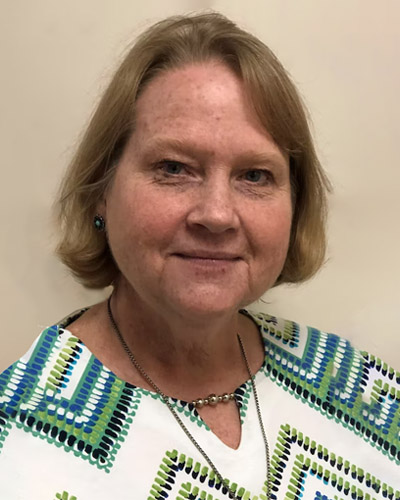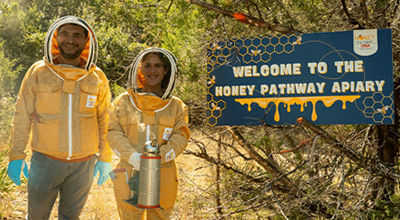The Department of Biology, Health, and the Environment at The University of Texas at San Antonio is a comprehensive academic Department that offers a B.S. degree in Biology, a B.A. degree in Environmental Studies, a B.S. degree in Environmental Science, a B.S. degree in Multidisciplinary Science, a M.S. degree in Biology, and a M.S. degree in Environmental Science.
Welcome to the Department of Biology, Health, and the Environment, where science meets innovation, education, and real-world impact. We serve over 2,500 students and offer programs in Biology, Environmental Science, Environmental Studies, and Multidisciplinary Science, preparing future biologists, health professionals, environmental scientists, and science educators for meaningful careers.
Our Mission
We inspire and prepare current and future generations to enact positive change by solving complex multidisciplinary challenges related to biological systems, health, and sustainability.
Why Choose Us?
Comprehensive Programs: Tailored degree tracks in biology, environmental sciences, environmental studies, and multidisciplinary science.
Engaging Pedagogy: Active learning strategies, lab-based instruction, research opportunities, and real-world problem-solving.
Faculty Expertise: Research-driven faculty dedicated to student success.
Career Readiness: Strong preparation for graduate studies, medical and health professions, environmental careers, and science education.
Join us as we explore life, protect the environment, and advance health sciences, shaping a sustainable and healthier future for all.
Where Biology, Health, and Environment Unite for a Better Future
Interested in learning more? Contact us today to start your journey in the sciences.

Contact
Janis Bush, Ph.D.
Interim Department Chair
Biology, Health, and the Environment
2737
Undergraduate Students
93
Graduate Students
60
Faculty
$3.3M
Research Expenditures
Department Chair Position Open
The Department of Biology, Health, and the Environment invites applications for the Department Chair position. Click the link for additional information.
Interested in Applying for Open Faculty Positions?
The Department of Biology, Health, and the Environment invites applications for an Assistant Professor of Wildlife Ecology. Use the links for additional information on how to apply.
Latest BHE News
View All BHE News
May 21, 2025
UTSA students explore medicinal potential of honey through hands-on coursePublished by UTSA Today

May 8, 2025
Whitney Wendt and Cassidy Lane recipients of Outstanding Student University Life AwardsPublished by UTSA Student Affairs

January 30, 2025
John Vale ’13 is expanding his vision in San Antonio’s culinary and insurance industriesPublished by UTSA Today
Social Media
Stay connected & engaged with UTSA BHE!


